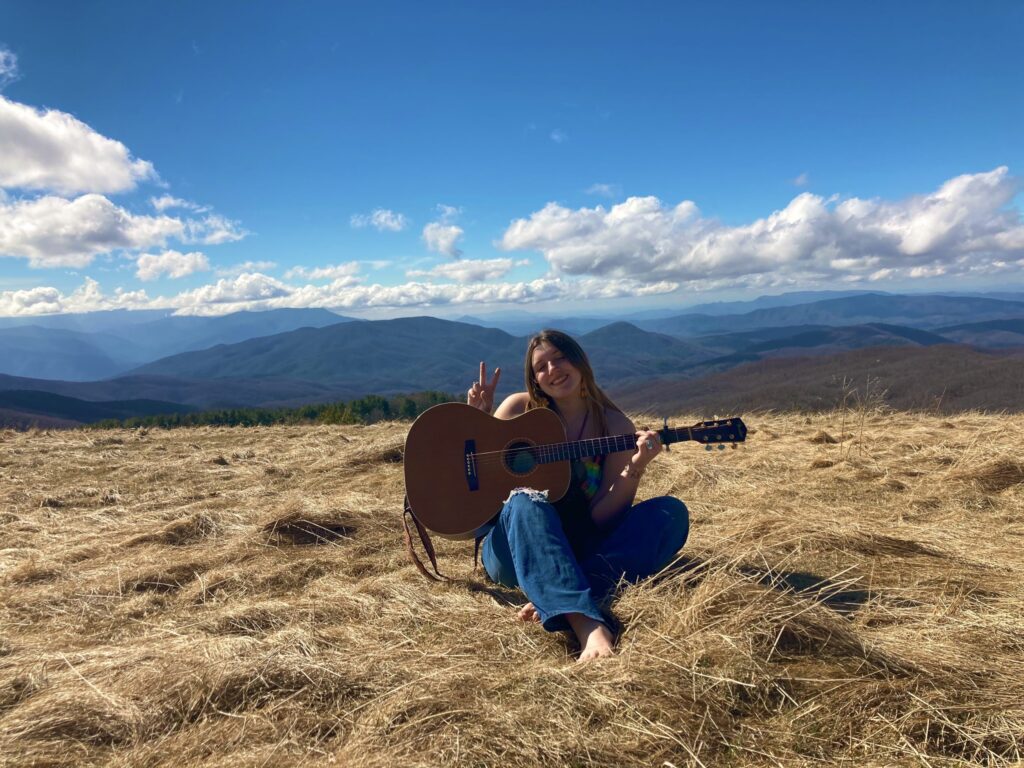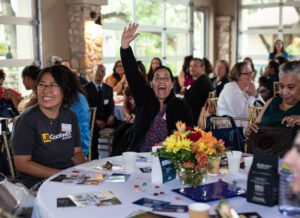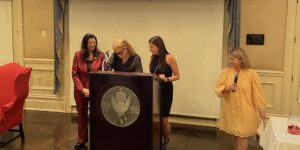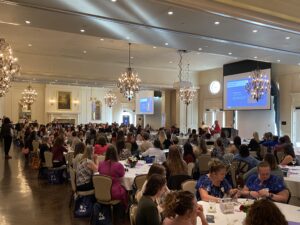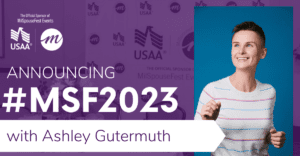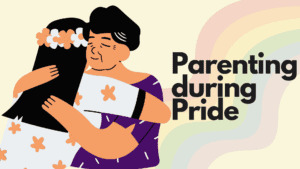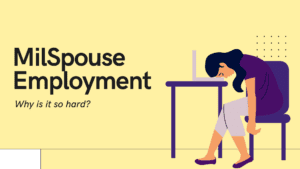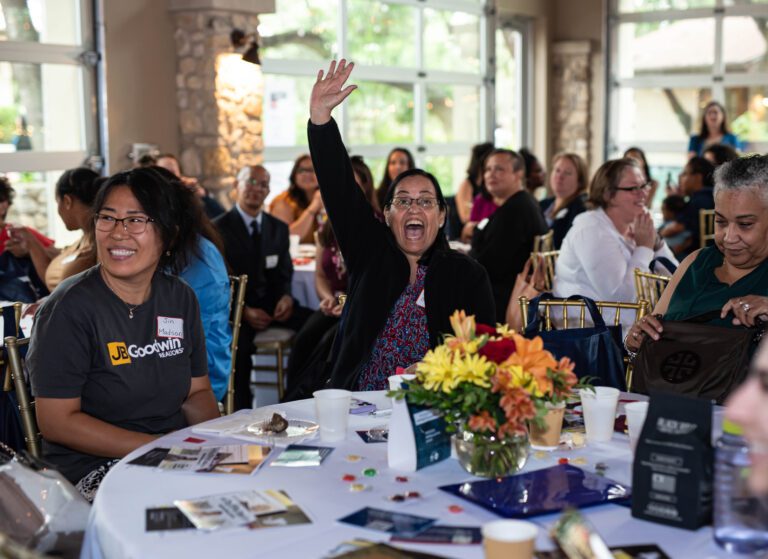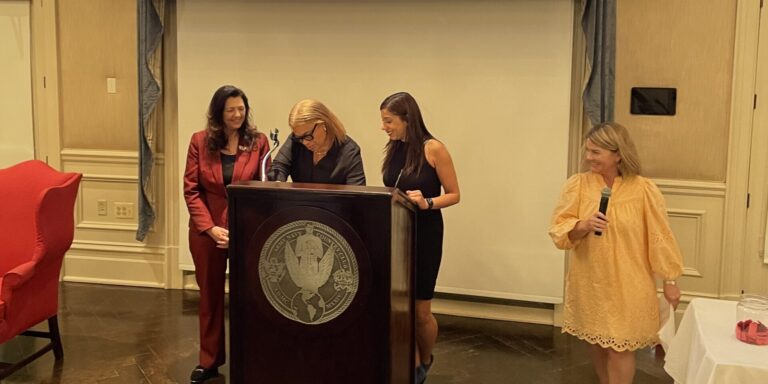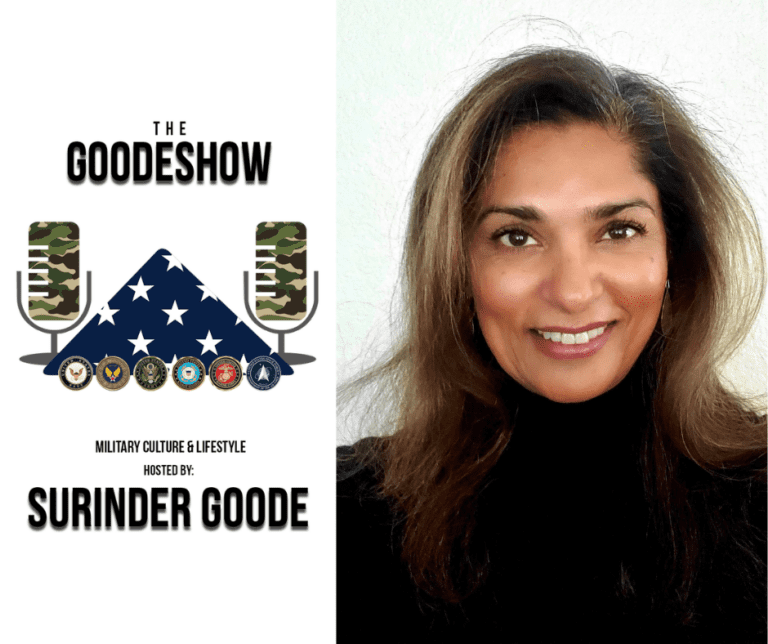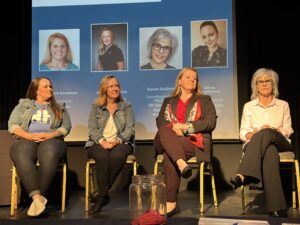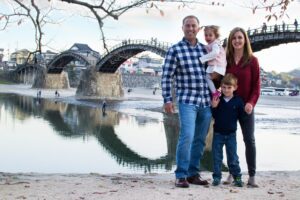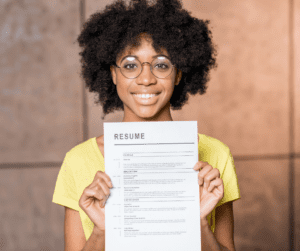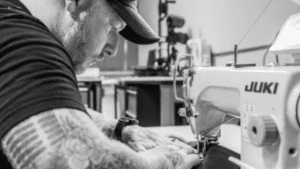High school is supposed to be the best time of your life—limited responsibility, lots of learning, friends, and reaching many milestones. Unfortunately, military children have had these experiences stripped away because of the combination of the pandemic and frequent moves between duty stations. They are missing out, and they are also giving up, losing hope, disconnecting. For April, the Month of the Military Child, MilSpouseFest spoke to one teen about how her already-challenging life has been impacted by the global pandemic. “I felt invisible,” explains high school senior Lousia Gysen.
Pre-pandemic life
Eighteen-year-old Gysen spent her freshman and sophomore years in Fort Bragg, NC, after moving nine times as a military child. She has fond memories of her early high school years. “I loved it. I had a lot of good connections with people,” she said. Not only was she thriving socially, but her grades were also peaking. “I was getting A’s, B’s, and sometimes C’s when I would not try. But then I would get back on track,” she explains.
She did face some challenges of being a military kid, like missing her soldier father at times, but she felt supported by the community around her. And then her world changed forever.
Pandemic Life
In March 2020, COVID hit, and Gysen’s youthful optimism made her believe “it would be over soon.” She sang, wrote music, and sunbathed in the backyard to pass the time while virtual learning. Until one day, she says it got “real” when news came that her family would be moving in early summer. “I realized I am never going back to this school again. I will never see these people again—the teachers I loved. I started to get sad and sentimental,” Gysen explained. Gysen chose to spend time with her grandparents and boyfriend in Pennsylvania during this uncertain time. She has never said goodbye to any of her friends in North Carolina to this day. “It was just all a big whirlwind. I never fully processed what had happened and how much my life changed in five months because of moving and COVID,” she said.
Gysen and her family arrived in the historic beach town of Newport, RI, in July of 2020. “People were standoffish because of what was going on at the time,” she said. “COVID was at its peak. It was hard to make connections with people.”
To make matters worse, rules and guidelines for masks and social distancing were constantly changing and varied from state to state. “I didn’t know all of the rules,” Gysen said. “I didn’t know wearing a mask outside was required. I would explore and get yelled at. I had no idea. I felt like people were not understanding.”
Gysen’s subsequent disappointment came in late August; her school, Roger Williams High School, would move to virtual learning. She calls the experience “bizarre.”
“Everyone was turning their cameras off,” she said. “You couldn’t see faces. You just heard voices. I just saw their names, and there was nothing to connect to, just a name on a screen.”
The brand new junior stopped applying herself immediately. In October, her school opened up for in-person learning two days a week with mask and social distancing requirements. “I did not want to go,” she admitted. Her parents decided it would be best for her to give it a try. “Eventually, they let me go back to virtual because no one else was going. I would be the only person in the class or one other person. It was awkward,” Gysen explains. Her motivation to learn continued to deteriorate. “I don’t think I ever really fully committed myself to schoolwork. I started looking up answers online to my assignments because what was the point,” she said.
Her school work suffered, and so did her mental health because of a lack of connection with her peers. “I had nobody,” Gylsen recalls. “It was easier for kids who had been there for years. They could talk to other kids and hang out. I had no connections at school. I was completely distanced from the school community. I felt completely alone,” she remembers of her junior year.
At the end of High School
Senior year would improve for many students because they would go back to campus in full force as long as they wore masks. But not for Gysen, it was too little too late, and she had to face the year in her father’s absence. “It was a complete depression. It was total shut down,” she explains. She believes school leadership didn’t acknowledge how hard it was to come back, and they didn’t talk about it. Instead, she said the staff came back like nothing ever happened. “I felt invisible, and I felt like I was floating the hallways unnoticed,” Gysen vividly remembers.
The only interaction she remembers is when her mask would fall down in the hallways, and she’d be reprimanded. “The people in the schools view teens as resilient and happy to be able to go back to school. They didn’t recognize how much it affected the military community,” Gysen explains.
“The pandemic didn’t just affect some people; it affected all of us,” said Amanda Woodyard, VP of Education Services at the Military Child Education Coalition. Her organization is working specifically to support military children in the wake of the pandemic. “Mental wellness has been put to the forefront. We have all recognized the need for it,” she explained. MCEC offers a program that could have drastically changed Gysen’s high school experience. Student to student, or S2S, pairs a military child with a civilian peer. The student-led program is overseen by faculty on campus and is designed to make military children feel welcome, included, and comforted by other students.
As for Gysen, her grades never recovered, and neither did her spirit. “The whole process stunted my growth. I am stuck in my freshman or sophomore year. The last bit of normalcy I had, and I am not able to grow and improve into a senior or a junior,” she admits.
Post Pandemic
Still, Gysen will graduate in June. The lessons she has learned in her formative high school years aren’t of math and science, but of navigating the hardship of a pandemic in an unfamiliar place. Gysen was open to talking about her struggles in hopes of helping other military teens who are going through the same experience. Her parents, boyfriend, and faith got her through high school. “It is my faith in Jesus. I know my worth is not in how many friends I have or how well I do in school or what college I go to,” explains Gysen. For now, college isn’t part of the immediate plan. Instead, Gysen plans to work at a camp in Tennessee to get more in touch with nature — a place she hopes to explore her love of music further and heal.
Here is a list of resources available to military families with children struggling with education, social integration, and overall mental health.
National Institute of Mental Health
Interested in learning more? MilSpouseFest is coming to the National Capital Region on April 26th and 28th! Dr. Becky Porter will have an exclusive message for event attendees in honor of Month of the Military Child. Attend in person on either day or virtually on April 28th. To learn more and RSVP, click here.
